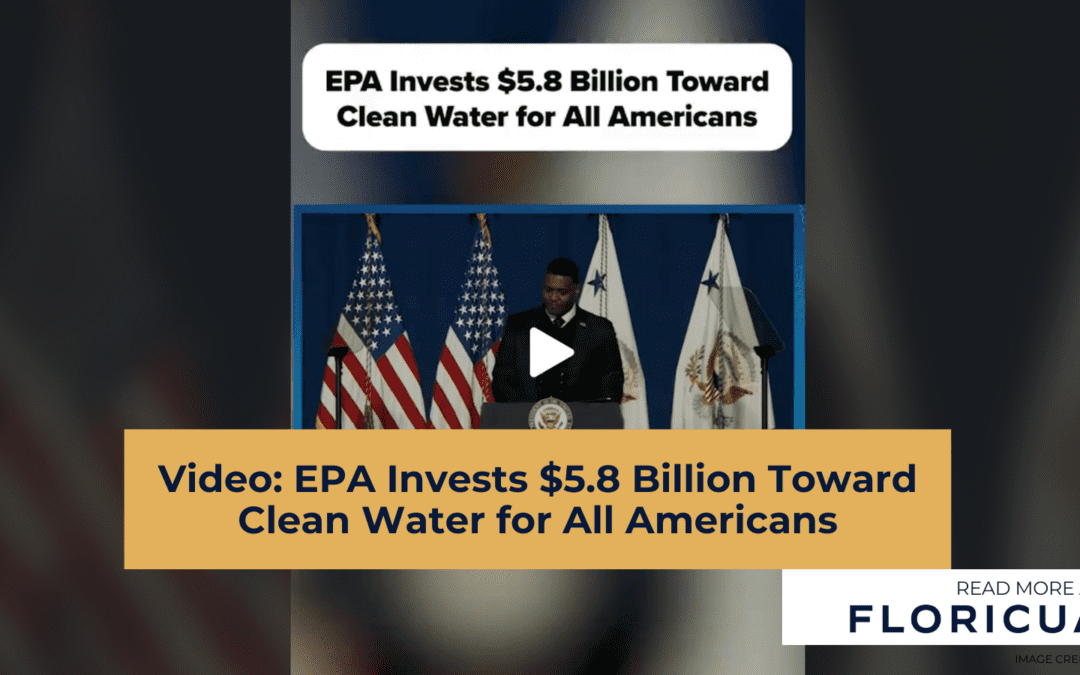
AP Photo/John Locher
Michele Gourley, a former physician and public-health leader in Tennessee, was biding her time in a few part-time jobs near Durham between graduating from Duke Divinity School and moving to New York for a chaplain residency at Mount Sinai Hospital.
But since she was furloughed from her “bread-and-butter” retail job at West Elm and another 5-hour weekly job at a community farm in mid-March, Gourley has been surviving with help from her family and about 10 hours of weekly pay she’s still receiving from Duke for a gym-attendant job that she’s not doing. She was approved for unemployment benefits weeks ago but still hasn’t seen a check.
“They’re only going to give me $136 a week, and I don’t understand why,” she said. “It’s been impossible to get any information from them. North Carolina’s making all these restrictions for our well-being, but they can’t even get us the funding we need. If we don’t have funds, we can’t eat.”

At a time when more than 20,000 North Carolinians have been claiming unemployment every day, nearing half a million in total, the state has among the lowest benefits in the U.S., while having amassed one of the nation’s biggest unemployment trust funds.
Outside the recent federal stimulus package, North Carolina’s own unemployment insurance program ranks it near the bottom among the 50 states. Its maximum of $350 and average of $261 in weekly payments are both in the bottom 10, and its maximum of 12 weeks of benefits and average of just under nine weeks rank it dead last.
“If we don’t have funds, we can’t eat.”
Michele Gourley
It’s one of only four states or U.S. territories providing fewer than five months’ compensation, and its 12-week coverage is less than half of what is offered by 43 states plus Puerto Rico and the Virgin Islands.
In February, Sen. Wiley Nickel, the lone Democrat on the state legislature’s unemployment oversight committee, proposed a small increase to keep up with inflation. Committee Co-chair Rep. Julia Howard, a Mocksville Republican, shut down that discussion, and reiterated her opposition Friday in the midst of an unprecedented wave of claims.
“It increases every day,” Howard told Cardinal & Pine. “They’ve been astronomical.

The system that we have was designed for about 3,000 claims a week. We’re having 1,400 overnight. The system cannot keep up. … I do not believe that it is any time that we should be looking at changing weeks or amounts. The division has more than enough problems to deal with.”
Kansas, Georgia and Michigan all recently stretched their duration periods to the traditional 26 weeks during the COVID-19 crisis.
“They’ve tried to restore this system to something resembling what it was before 2012,” said labor-economist Wayne Vroman of the Urban Institute in Washington, D.C.
“There’s nothing that prevents North Carolina from moving it back to 26 weeks. That’s very much a political decision.”
Wayne Vroman, a labor-economist with The Urban Institute
Vroman testified to a N.C. General Assembly committee in 2018 on the impact of unemployment cutbacks that legislators had enacted five years earlier, after the Republican takeover of statehouses here and in other states.
“There’s nothing that prevents North Carolina from moving it back to 26 weeks,” said Vroman. “That’s very much a political decision.”
One of the results of North Carolina’s short duration and low weekly payments is that the state has stored up $4 billion in its unemployment trust-fund, ranking it fifth in the nation behind only Florida, Michigan, Oregon and Washington State.
In 2019, that fund earned $92 million in interest alone. NC paid out nearly one-third of that in its most recent week of payments for 110,000 recipients.
“North Carolina is in better shape than many other states going into this pandemic environment,” Vroman said. “But if you follow that trust fund in the coming months, you’ll see how quickly this can decline.”
The federal government is extending benefits by half-again beyond an individual state’s maximum payout period. For North Carolina, 12 weeks plus six weeks is the lowest in the nation.
“You’re looking at 18 weeks in North Carolina versus 39 weeks in most other states,” Vroman said.
Research shows that workers receiving unemployment benefits put it right back into the economy, Vroman said. “Close to 100% of the money that comes in is spent,” he explained. “In the last recession, unemployment insurance provided an important element of stability to the total spending stream.”
But North Carolina’s maximum benefit, reduced from $530 to $350 in 2013, is about one-third of the state’s average weekly income.
“It was never intended to hold you harmless with what your job was,” said Howard. “That’s never been the intent. It is to supplement. It was never intended to keep you whole.”
Howard said unemployment benefits could only bolster what a worker might have in savings or be able to access through federal subsidies like food stamps under the Supplemental Nutrition Assistance Program (SNAP).
But government benefits haven’t been able to respond at the lightning pace at which COVID-19 has shocked workers’ wages.
“I don’t even have funds now to put food on the table,” said Gourley.

Video: EPA Invests $5.8 Billion Toward Clean Water for All Americans

Florida Republicans delay ‘fetal personhood’ bill after Alabama IVF ruling
A Florida Senate committee announced Monday that it is postponing a Republican bill that would give fetuses civil rights as children. But opponents...

5 places in Florida to donate clothes, shoes, and more
Decluttering your home can provide such a satisfying feeling of accomplishment. After sorting through all of your belongings and determining what...

8 Orlando hotels that pack as much fun as the theme parks
With waterslides, family arcades, playgrounds for the kids, and spas for mom and dad, these Orlando hotels will make your vacation unforgettable!...



